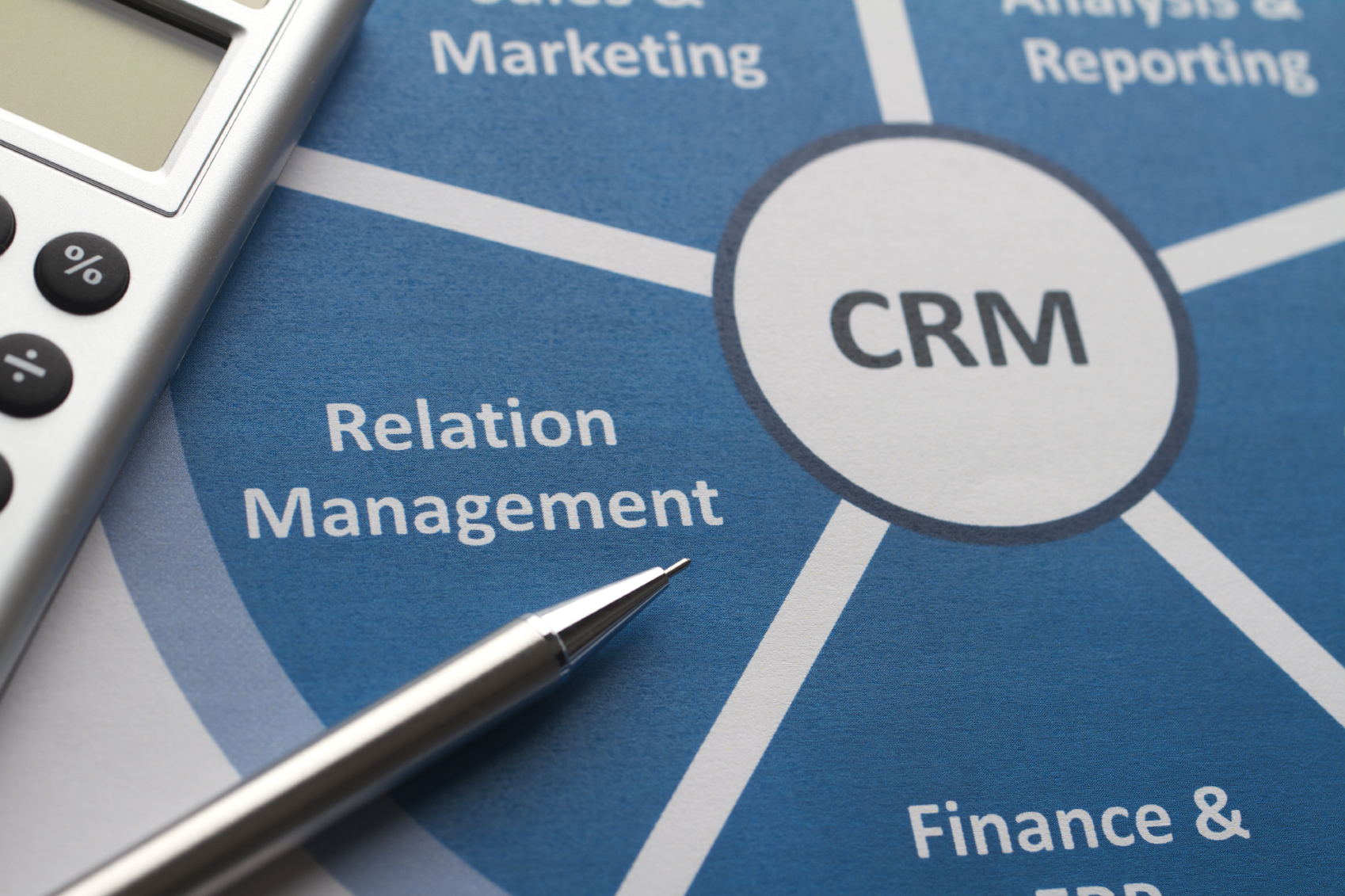Life in an accounting firm can be very hectic. Accounting firms offer a wide variety of services to their clients, like tax planning, financial planning, income-tax preparation, bookkeeping services, financial auditing, and may even include fraud investigation or money management. Add that to the usual day to day tasks of running a business like, sales, marketing, HR, Payroll, answering questions from potential clients, attending client meetings and functions, being involved in the community, and any semblance of work-life balance goes for a toss. Many accounting firm employees and management work more than 12-hour days and weekends during the tax season.
In order to increase productivity and reduce workload, many accounting firms are opting for software products like CRMs (Customer Relationship Management systems) that will help them get more clients, streamline processes, improve client relationships, and increase efficiency.
This article gives you an in-depth look into CRMs and how they can be beneficial to accounting firm management.
What Is A CRM?
CRM stands for Customer Relationship Management. CRM systems help businesses manage client relationships and the data and information associated with them.
What Is A Converged CRM?
A Converged CRM is CRM software that has all the major features like sales, marketing, customer service, billing, document management, etc. built-in, work together flawlessly, and has a uniform look and behavior.
How Can A Converged CRM Help You Manage Your Accounting Firm?
CRM systems help accounting firms get more clients and develop long-term relationships with existing clients by providing better service, while increasing efficiency and reducing costs.
Documentation is huge for accounting firms – many are challenged with keeping it all together. CRMs can keep all the documentation and client information in one central place. This helps accounting firms keep information transparent, improve client relations and increase productivity.
A converged CRM helps you track client appointments, communication and follow-up activities and documentation in one place. This helps accounting firms strengthen client and team communication across the board which greatly impacts the client experience as a whole.
For example, outbound and inbound emails are stored in the history an account for future reference. You can view client agreements, track to-dos, view past as well as upcoming meetings and notes. You can find all history, follow up notes, and team communication in minutes on one single page – no need to navigate to different pages within the CRM.
Aside from being a centralized information hub, CRMs help accounting firms get uber organized and create sales processes which standardizes the way sales are closed and makes sure that all of the necessary data has been collected.
A converged CRM lets you automate repetitive business processes so that you can put your business on auto-pilot . For example, if a prospect fills out a form on your website, a converged CRM can trigger an email response to go out to the prospective client.
Generating client agreements, a daunting process for some, becomes a lot easier in a converged CRM. With pre-filled client agreements, you can easily and quickly generate the agreement, sign it, and send it to your client electronically within the CRM itself. You can track the agreement within the CRM and see when it’s been signed.
Converged CRMs allow you to easily quote your prospects and send invoices within the CRM itself. Converged CRMs have a bi-directional sync with your accounting software, so there is no need for the dreaded double entry. For example, converged CRMs let you connect your QuickBooks account to the CRM and manage all products, customers, invoices, and payments through the CRM. This feature alone can result in a huge productivity gain for a CPA or accounting firm.
Converged CRMs help accounting firms manage their entire business from one software platform. This eliminates the need to spend money on different software products for marketing, document management, customer service, calendar and task management and so on and also eliminates the impossible task of keeping all these softwares in sync without any double entry.
In addition to that, a converged CRM gives you 360 degree view of the customer, helps you automate your business processes, increases productivity and is extremely easy to learn and use.
Keeping these benefits in mind, Accounting firms should definitely consider a converged CRM to manage and grow their practice.
————–
Shampa Bagchi is the Founder & CTO of ConvergeHub, a cloud-based CRM software that powers business growth.
Thanks for reading CPA Practice Advisor!
Subscribe Already registered? Log In
Need more information? Read the FAQs
Tags: Benefits




